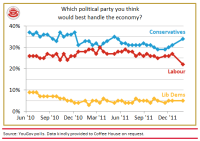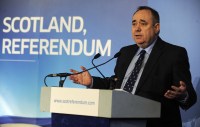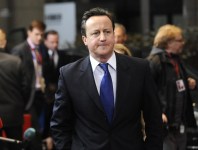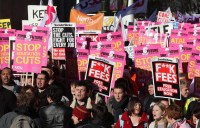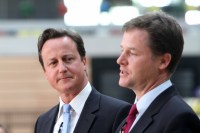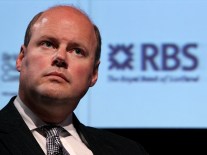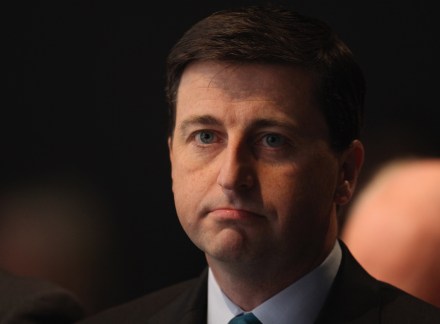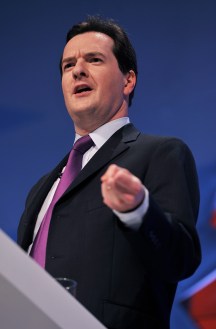Fred shredded down to size
The removal of Fred Goodwin’s knighthood serves the coalition’s political purposes. It shows them being tough on a bad banker and reminds everyone that these problems happened on the last government’s watch and that Alex Salmond was cheering on RBS’s bid for ABN Amro. There are even some in government who are up for a fight over clawing back part of his pension or past bonuses believing it would put both Goodwin and the human rights act in the dock. This is not to say that the removal of his knighthood was not merited. Goodwin didn’t do much of a service to banking, after all. There’s another lesson in this:




